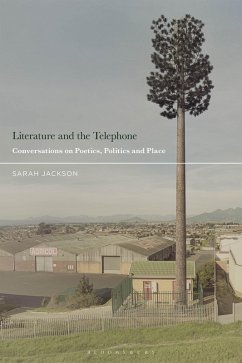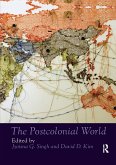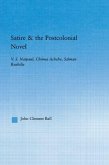"Taking the 'question of literature' as its starting point, this open access book addresses the telephone's propensity to mediate but also to interrupt communication, as well as the ways in which it taps into some of the most urgent concerns of the modern and contemporary age, includilng surveillance, mobility, globalization and the ethics of answerability. In so doing, it provides a fascinating look at how the telephone has been shaping literature and culture from the early twentieth century to the present. Exploring its complex, multiple and mutating functions in literary texts from 1945 to the present day, this book examines the ways that the telephone ignites new conversations between different historical periods, global locations, theoretical perspectives and creative and critical voices, examining issues as from the role of operators to secrecy and information technology to queer conversations and telephones as waste. Although focusing on post-1945 writers such as Will Self, Haruki Murakami, Jon McGregor, Frank O'Hara, Muriel Spark, Graham Greene and Behrouz Boochani, it also touches on work from earlier writers such as Mark Twain, Marcel Proust, Robert Frost, James Joyce, Evelyn Waugh, and Dorothy Sayers. Addressing the reciprocal relationship between telephony and literary language and form, it considers both historical and recent manifestations of the telephone, and its capacity to call across borders, languages and cultures. The ebook editions of this book are available open access under a CC BY-NC-ND 4.0 licence on bloomsburycollections.com. Open access was funded by Nottingham Trent University"--
Hinweis: Dieser Artikel kann nur an eine deutsche Lieferadresse ausgeliefert werden.
Hinweis: Dieser Artikel kann nur an eine deutsche Lieferadresse ausgeliefert werden.








